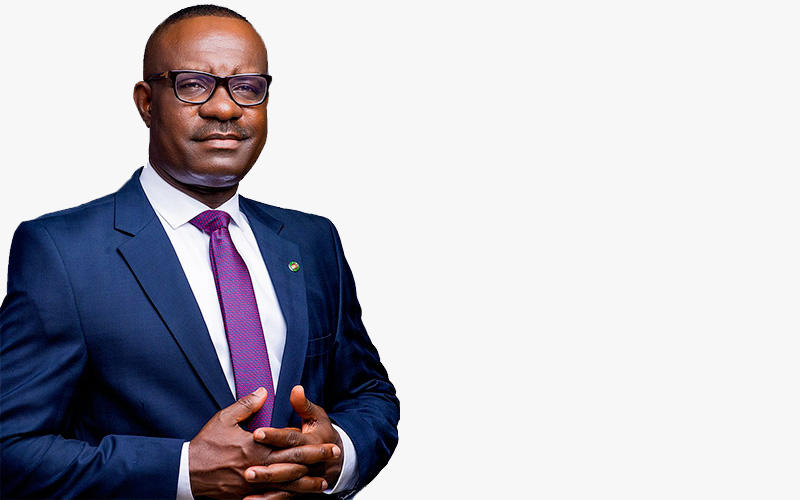EBID approves over €61m for projects in three West African countries
The ECOWAS Bank for Investment and Development (EBID) has approved €61,526,000 credit facilities for three member-countries for projects aimed at improving its people’s economic and living conditions.
The three countries receiving this funding are Burkina Faso, Benin Republic, and Cote d’Ivoire.
The areas of investment include meat, wheat, and cocoa processing. The funds would be used to construct state-of-the-art factories equipped with modern equipment for local production and processing of raw materials.
For Burkina Faso, the funds would go into the rehabilitation and construction of two slaughterhouses in Ouagadougou and Bobo Dioulasso respectively.
In addition, there would be the construction of three modern abattoir facilities in Ouagadougou, all at the cost of €26,400,000.
The bank noted that “this is aimed at improving the population’s living conditions through the industrial processing of local raw materials from the livestock sub-sector.”
EBID also granted partial funding to construct a new €7,700,000 flour factory project in Cotonou, Benin Republic, with an annual processing capacity of about 90,000 tons of wheat.
The Board of the bank additionally approved the construction and operation of a cocoa processing factory in San Pedro, Cote d’Ivoire, amounting to €28,056,000.
This project aims to locally grind at least 50% of the country’s cocoa, the bank said.
The bank said it granted the credit to the three countries for the earmarked projects after going through all the bank’s credit processes.
This was contained in a statement published by the bank on Tuesday, July 13, 2021.
The statement indicated that such approvals were made at the 74th session of the Board of Directors of EBID earlier this month through a video conference.
The conference was used to review the bank’s activities for the second quarter of 2021 and consider key public and private sector projects for funding within ECOWAS member states.
The meeting allowed management to appraise the board with important steps to ensure the bank’s continued performance within the context of the prevailing COVID-19 challenges.
Furthermore, key strategies being executed to ensure that the bank’s mandate is met were critically examined.
The Board commended the bank’s management on the major innovations and initiatives in the areas of research and the execution of agreed strategies to make the bank viable.
EBID pledged to provide the necessary support in alleviating poverty and creating and ensuring job promotion in the West African sub-region.

EBID five-year strategic plan
Meanwhile, the bank is currently implementing a five-year strategic plan (2020-2025) towards an ECOWAS that is restored to high economic growth, enabled to reach its full potential, resilient to climatic and social challenges.
Commenting on the strategy, the President of the bank, Dr George Agyekum Donkor, noted that the widespread recession in 2020 would undermine hard-earned gains made in poverty reduction in our sub-region.
He then stated that the Bank would assist member states to recover quickly from the repressed growth by investing in the growth poles of the economy.
Furthermore, he said that the increased use of technology in education brought about the need for social distancing to control the spread of the virus.
This, he maintained, had heightened the need to enable member states to provide the requisite ICT infrastructure to institutions of learning to facilitate teaching and learning.
Moreover, lessons from the pandemic have shown that the sub-region is ill-equipped to handle health emergencies of this nature.
Therefore, the Bank would collaborate with member states to provide the requisite medical infrastructure in under-served communities while working to improve the state of existing ones, Dr Donkor said.
READ ALSO: ECOWAS To Unveil Single Currency In 2027
About the bank
EBID is a leading regional investment and development institution based in Lomé, Togo.
It has over the past four decades invested approximately US$2.8 billion in inter and intra-regional development programmes covering diverse initiatives. This includes infrastructure and basic amenities, rural development and environment, industry, social sectors, and services.
It also intervenes through long, medium, and short-term loans, equity participation, lines of credit, refinancing, financial engineering operations and services.

